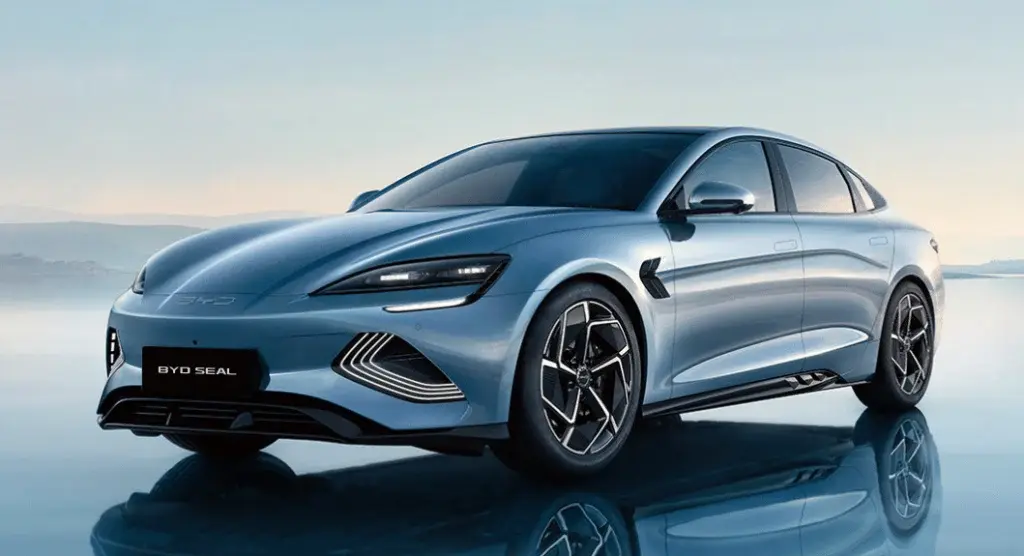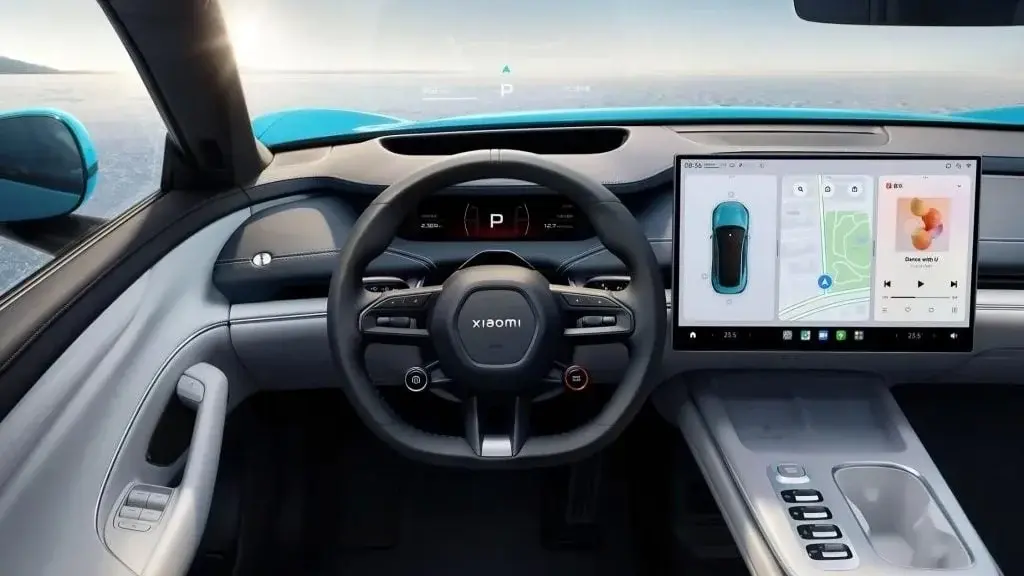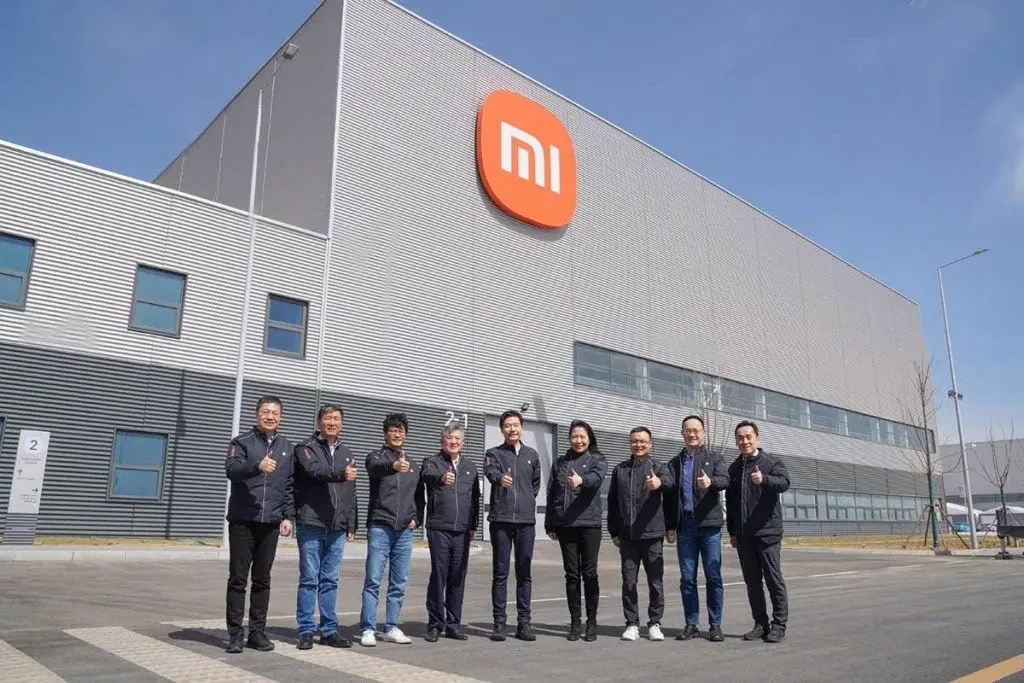BYD had a remarkable performance in April 2024, as the company reported robust sales figures. They managed to sell an impressive 313,245 new energy vehicles (NEVs) last month, marking a substantial year-on-year growth of 48.96%. This brings their total NEV sales for 2024 to 939,508 units, showing a healthy year-on-year increase of 23.24%. In addition, BYD’s overseas NEV sales also showed strength in April, reaching 41,011 units.
BYD’s Strong Sales Performance
BYD’s performance in April 2024 continued to impress with significant year-on-year growth in NEV sales and a notable increase in overseas sales.
The company is also ramping up its battery production, with their total installed capacity for new energy vehicle power batteries and energy storage batteries reaching around 12.559GWh in April. This has contributed to a total capacity of 42.295GWh for 2024 so far.
Other Automakers’ Positive Results
In the same period, Geely Automobile witnessed positive outcomes, selling 153,267 vehicles in April, showing a year-on-year increase of 39%. SAIC Group also achieved strong sales, selling 285,000 NEVs from January to April, marking a year-on-year increase of over 35%. GAC Aion reached global sales of 28,113 units in April.
BYD continues to lead the Chinese EV market, with other emerging Chinese automakers also making significant sales strides. Hongmeng Zhixing maintained its position as a top performer among new Chinese players by delivering 29,632 vehicles in April. Leapmotor experienced substantial growth with 15,005 delivered vehicles, reflecting a notable year-on-year increase of 72%. Li Auto delivered 25,787 vehicles in April, with a slight year-on-year increase of 0.4%, while Ji Krypton saw significant growth, delivering 16,089 vehicles in April, marking a 99% year-on-year increase. Xpeng Motors also delivered 9,393 vehicles, showing a year-on-year increase of 33%.
Established automakers with a presence in the NEV market, such as SAIC-GM, also saw positive results. SAIC-GM delivered 8,762 NEVs in April, displaying a substantial year-on-year increase of 93.1%.
New Entrants and Steady Growth
New entrants like Xiaomi showed promising initial sales, with the Xiaomi SU7 delivering 7,058 units since its launch on April 3rd. Lantu Auto maintained steady growth, delivering 4,003 vehicles in April, demonstrating a year-on-year increase of 20%. Their year-to-date delivery volume reached 20,348 vehicles, reflecting a similar year-on-year increase of 20%.




